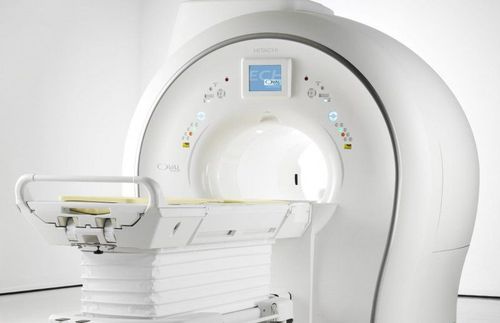This is an automatically translated article.
The article was written by Master - Doctor Mai Vien Phuong - Head of Gastrointestinal Endoscopy Unit - Department of Medical Examination and Internal Medicine - Vinmec Central Park International General Hospital.Irritable bowel syndrome (IBS) is a common disease of patients visiting a gastroenterologist with an incidence of about 4.4% - 4.8% in the United States, United Kingdom and Canada. It most commonly affects women and individuals under the age of 50. The symptoms of irritable bowel syndrome greatly affect the patient's quality of life. This marked negative effect is highlighted by one study that reported that the majority of patients would give up 10 to 15 years of life for immediate cure.
1. Digestive infections are more likely to cause irritable bowel syndrome
Irritable bowel syndrome can arise within months of a variety of gastrointestinal infections, including bacterial (Campylobacter jejuni and Salmonella), viral (Norwalk) and parasitic (Cryptosporidium spp. or Giardia) infections. [ Giardia duodenalis or Giardia lamblia ]). The prevalence of post-infectious irritable bowel syndrome has been estimated at 11%, 4.2 times higher in individuals exposed to any of these pathogens than in unexposed individuals.It is worth noting that this prevalence appears to be higher than in recently published data because of differences in how patients are identified and classified. Irritable bowel syndrome is more commonly seen in women who are exposed to antibiotics and have a history of anxiety or depression.
2. The rate of development of irritable bowel syndrome after parasitic infections
Among patients with parasitic enteritis, 41.9% developed irritable bowel syndrome, compared with 13.8% of patients with bacterial infection. Giardia infection (Giardiasis) is the most common pathogen in the United States; about 20,000 cases are reported each year, although the rate has decreased since 2012 (5.8 cases per 100,000 population). Based on a longitudinal cohort study using health insurance data, the 1-year incidence of irritable bowel syndrome is higher in individuals with Giardia (incidence 37.7/1,000 person-years). compared with those without prior Giardia infection (4.4/1,000 person-years).
3. Relationship between irritable bowel syndrome and development of visceral hypersensitivity
Animal studies have shown a causal relationship between symptoms of irritable bowel syndrome and the development of visceral hypersensitivity (as evidenced by balloon distension of the jejunum and rectum), triggering Sensory signaling pathways, proliferation of epithelial and mast cells in the jejunum, and disruption of the intestinal barrier following giardiasis. Giardia exposure has also been associated with the development of food intolerances up to 3 years after infection. Giardiasis is reported to the US Centers for Disease Control and Prevention (CDC), which recommends screening patients with acute diarrhea lasting >3 days.4. Why do doctors often order stool tests?
The reason is that because fecal and parasitological tests are generally widely available and inexpensive, gastroenterologists and primary care physicians are more likely to order them than irritable bowel syndrome specialists, despite the lack of evidence demonstrating a change in diagnosis or outcome.However, in patients with risk factors for Giardia, testing is indicated and should be done through fecal immunoassay or polymerase chain reaction, which have a sensitivity of 82%–100 % and specificity 91.5%–100%. Since Giardiasis has the highest prevalence in developing countries, it makes sense to perform testing in these areas.
In addition, in the appropriate clinical setting (eg, travel to endemic areas, poor water quality, camping and exposure to daycare), screening is warranted. Because testing for bacterial and viral infections as follow-up treatment does not prevent the development of irritable bowel syndrome, and in fact, exposure to antibiotics may be a risk factor. predisposing to post-infectious irritable bowel syndrome, the authors do not recommend routine testing for these agents in patients with chronic irritable bowel syndrome symptoms.
In summary, due to the lack of clear evidence from the available literature, the authors do not recommend routine testing for enteric pathogens, including Giardia, in all irritable bowel syndrome patients. , with the exception of patients with the highest probability and identified risk factors for Giardia exposure.
Please follow the website: Vinmec.com regularly to update many other useful information.
Please dial HOTLINE for more information or register for an appointment HERE. Download MyVinmec app to make appointments faster and to manage your bookings easily.
References:Lacy, Brian et al., ACG Clinical Guidelines: Management of Irritable Bowel Syndrome. American Journal of Gastroenterology: January 2021 - Volume 116 - Issue 1 - p 17-44














